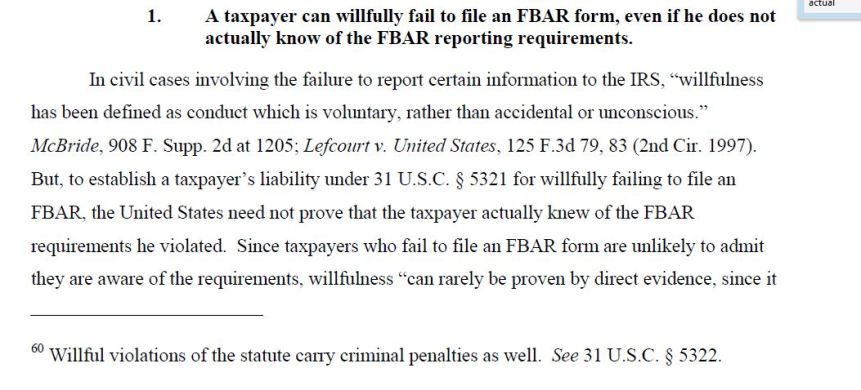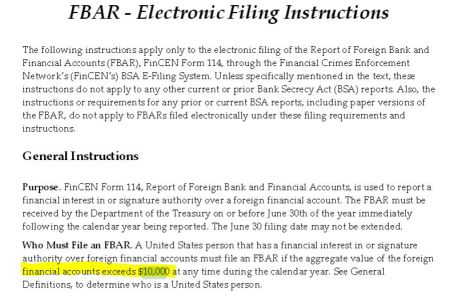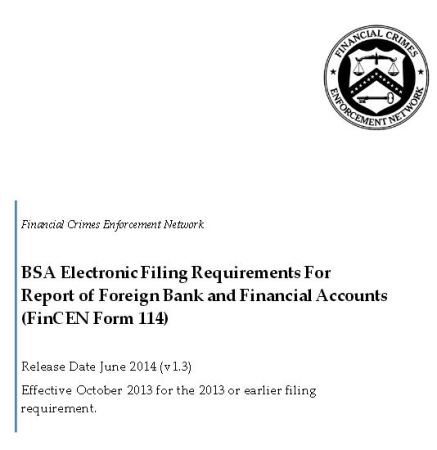The
Obama administration’s ongoing coverup of the IRS scandal about
targeting the Tea Party is not the first instance of the federal
government persecuting the political Right with IRS audits. In fact, the
current IRS scandal — where Lois Lerner’s Blackberry and her desktop
computer have apparently been wiped clean to destroy evidence — are
actually following a more than 50-year script for government to destroy
the political Right in the form of the “Reuther Memorandum.” “The flow
of big money to the radical right should be dammed to the extent
possible,” the “Reuther Memorandum” informed the Kennedy administration,
asking for political assistance in stemming that flow. ...
Several
lessons can be learned from the 1960s. The first is that the
perseverance of The John Birch Society in the wake of such government
persecution and surveillance over the past 55 years should be a source
of hope for modern Tea Party organizations. The Obama administration has
tried to delay and deny tax-exempt status designations from the IRS in
order to starve the Tea Party for funds because they know most
corporations and foundations won’t donate to an organization without a
501(c)(3) or 501(c)(4) tax-exempt designation from the IRS. Despite the
intimidation, IRS harassment, and media ridicule, the JBS remains a
major fixture on the political Right today.
Secondly,
the experience of The John Birch Society teaches the lesson that
government can’t be trusted — even the administration of the allegedly
sainted and martyred John F. Kennedy — and its secrets need to be
revealed through dogged congressional investigations and strong public
information laws. Public information laws needed include a strengthened
Freedom of Information Act, as well as stronger whistleblower laws so
that public informants such as Edward Snowden can come to Congress with
information about blatant government violations of the U.S. Constitution
without fear of prosecution. Most of what we know about the FBI and IRS
persecution of political groups — both in the 1960s and under the Obama
administration — came from the congressional investigations and
whistleblowers who testified before them.








 The relevant statute that requires reporting of a so-called foreign bank account report (“FBAR”) is
The relevant statute that requires reporting of a so-called foreign bank account report (“FBAR”) is 